In today’s world, choosing clothing goes beyond just style and fit. For the conscious consumer, it’s about making choices that align with values of sustainability and ethical production. The “Pioneer Shirt” represents this forward-thinking approach, embodying a commitment to environmental responsibility and transparency in the apparel industry. But how can you be sure your clothing truly lives up to these ideals? Certifications play a crucial role, acting as trusted guides that verify a garment’s sustainable credentials. Let’s explore some key certifications that define a truly pioneering approach to apparel.
Understanding Key Sustainability Certifications for Apparel
Navigating the world of sustainable fashion can be complex. Certifications simplify this process, providing clear indicators of a product’s environmental and ethical impact. These standards assess various aspects of the supply chain, from raw materials to manufacturing processes, ensuring accountability and promoting best practices. For a “pioneer shirt” to genuinely lead the way in sustainability, it often seeks validation through recognized certifications.
Higg Index: Measuring Value Chain Sustainability
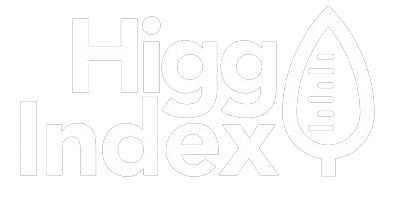 Higg Index certification logo
Higg Index certification logo
The Higg Index, a suite of tools for the standardized measurement of value chain sustainability, is vital for transparency. This framework enables brands and manufacturers to assess their environmental and social performance, driving continuous improvement across the fashion industry. For a “pioneer shirt”, utilizing the Higg Index demonstrates a commitment to measuring and minimizing its impact.
OEKO-TEX® STANDARD 100: Ensuring Product Safety
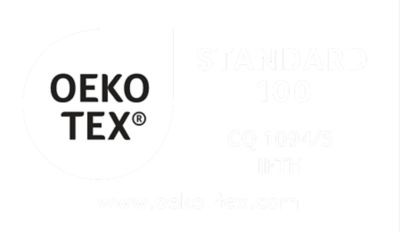 Oeko-Tex Standard 100 certification logo
Oeko-Tex Standard 100 certification logo
The OEKO-TEX® STANDARD 100 certification is a globally recognized mark of product safety. When you see this label on a “pioneer shirt”, it signifies that every component, from threads to buttons, has been tested for harmful substances. This certification guarantees the garment is harmless to human health, offering peace of mind to consumers prioritizing well-being.
Organic Content Standard (OCS): Championing Organic Materials
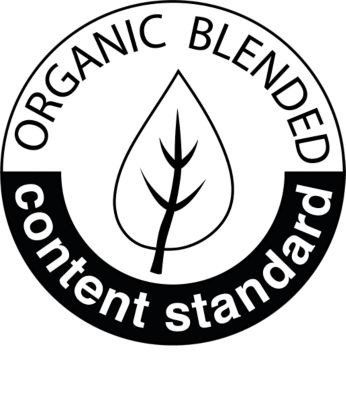 Organic Blended certification logo
Organic Blended certification logo
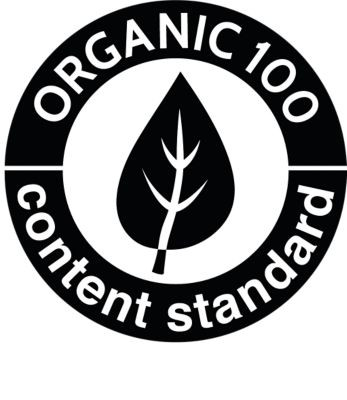 Organic 100 certification logo
Organic 100 certification logo
The Organic Content Standard (OCS) provides assurance regarding the organic material content in textiles. Whether it’s OCS Blended (at least 5% organic material) or OCS 100 (at least 95% organic material), these certifications verify the presence of organic fibers throughout the production process, from farm to finished “pioneer shirt”. Choosing OCS-certified shirts supports sustainable agriculture and reduces reliance on conventional farming practices.
PETA-Approved Vegan: Embracing Animal-Friendly Fashion
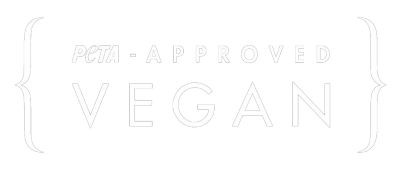 PETA-Approved Vegan certification logo
PETA-Approved Vegan certification logo
For consumers passionate about animal welfare, the PETA-Approved Vegan logo is a crucial indicator. This certification highlights clothing, like the “pioneer shirt”, made without any animal-derived materials. By choosing vegan-certified apparel, you contribute to a fashion industry that respects animal rights and promotes cruelty-free alternatives.
Conclusion: Choosing Pioneer Shirts with Confidence
When seeking a truly sustainable wardrobe, understanding and looking for these certifications is key. The “pioneer shirt”, when backed by certifications like Higg Index, OEKO-TEX®, OCS, and PETA-Approved Vegan, represents a genuine commitment to environmental responsibility, ethical production, and consumer well-being. By prioritizing certified apparel, you empower yourself to make informed choices and support brands that are pioneering a better future for fashion.

